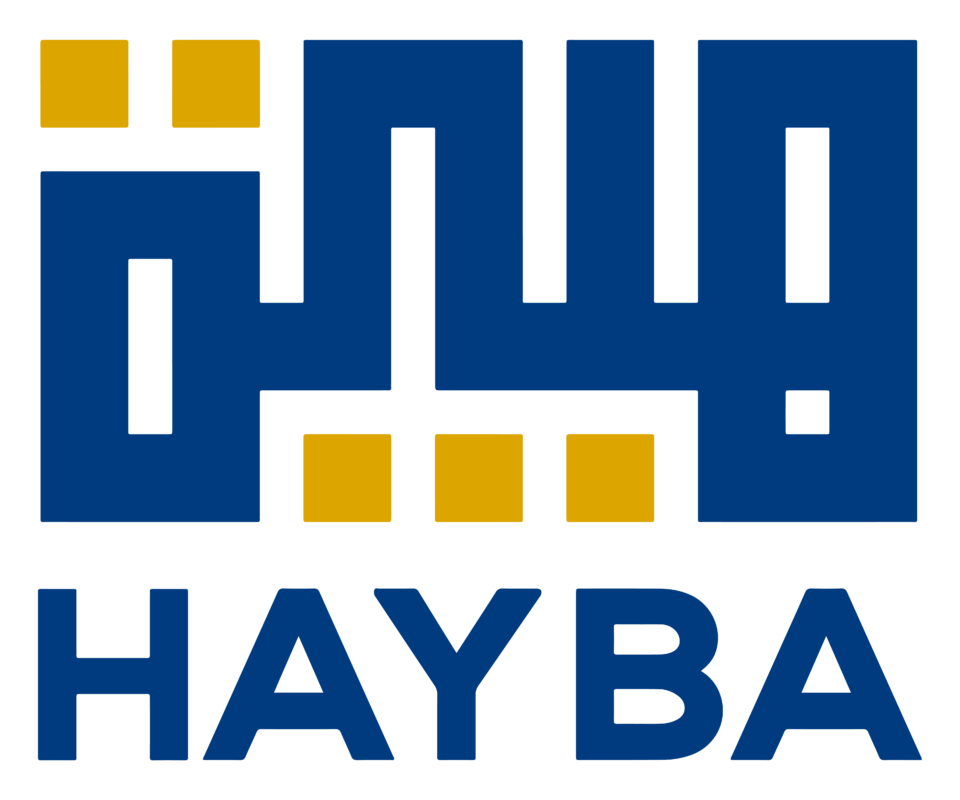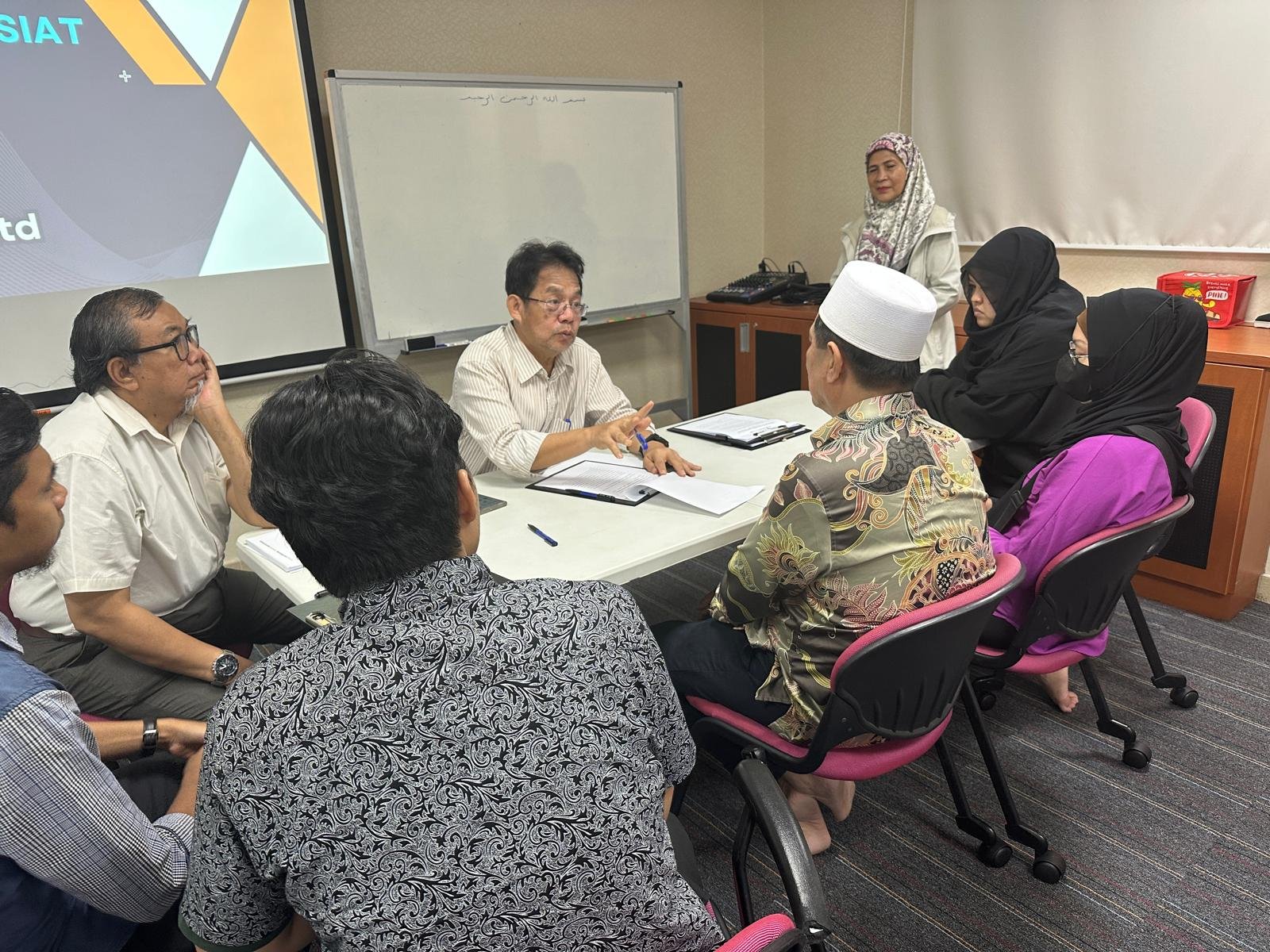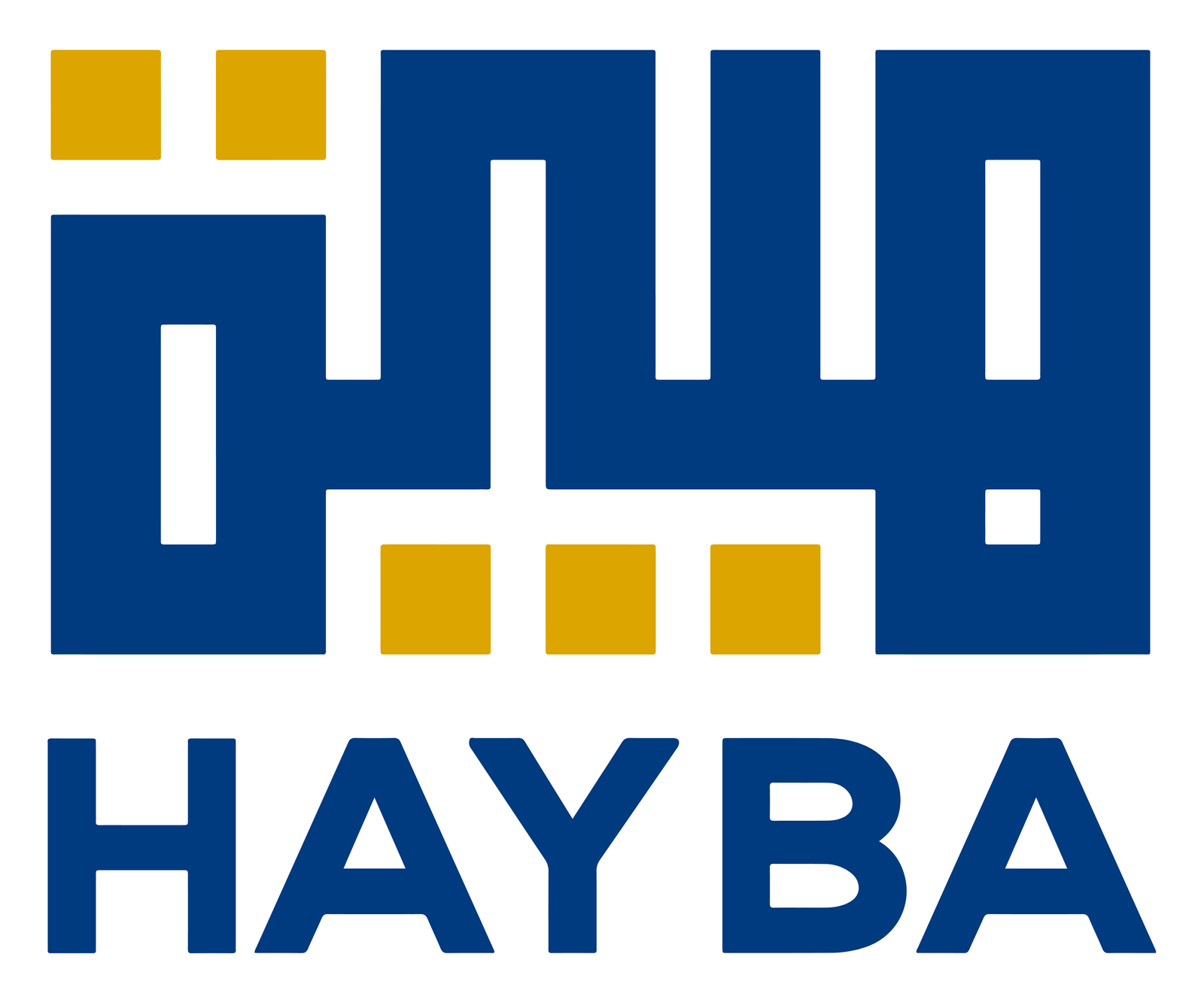Will & Testament: A Sacred Obligation
At Hayba, we believe that no Muslim should pass away without having written a will, and the process of managing one’s will should be made easy. Therefore, Hayba is advocating for free will-writing services in collaboration with legal professionals. Why is this important?
1. The Great Virtue of Writing a Will
The importance of having a will is immense. The Prophet Muhammad (peace be upon him) stated that anyone who passes away with a written will receives five blessings:
- They die upon the straight path,
- They follow the Sunnah,
- They attain piety (taqwa),
- They are akin to a martyr,
- Their sins are forgiven.
2. A Divine Investment for the Hereafter
A will is not just a legal document; it is a financial instrument for the afterlife that Allah (SWT) has provided. It ensures that every Muslim has the opportunity to allocate a portion of their wealth as an ongoing charity (sadaqah jariyah) for the Hereafter. Even if one does not have the financial means to give in charity during their lifetime, Allah still grants them the opportunity to contribute by bequeathing up to one-third of their wealth upon their passing through their will.
3. Proper Management of Bequeathed Wealth
Historically, many bequeathed funds are simply distributed without strategic management. However, at Hayba, we ensure that the wealth entrusted through wills is professionally managed and invested in collaboration with certified and competent financial managers. This approach allows the accumulated wealth to grow sustainably, generating continuous benefits that can be used to strengthen Islamic dakwah and educational institutions, support the needy, and create economic opportunities for the Muslim community.
How to Write a Will?
The process is simple:
- Appoint Two Executors – Choose two trustworthy individuals from your immediate family (spouse or children) to execute your will upon your passing. The executors should be responsible, honest, and capable of managing the execution of the will.
- Determine Beneficiaries – Designate Islamic organizations, mosques, madrasahs, Islamic boarding schools (pondok pesantren), or entrust the assets to Yayasan Hayba for further management.
Once these steps are completed and witnessed by two individuals, the will is considered valid under both Islamic and civil law.
This initiative ensures that every Muslim leaves behind a legacy of faith and righteousness, securing rewards that continue even after death.


















